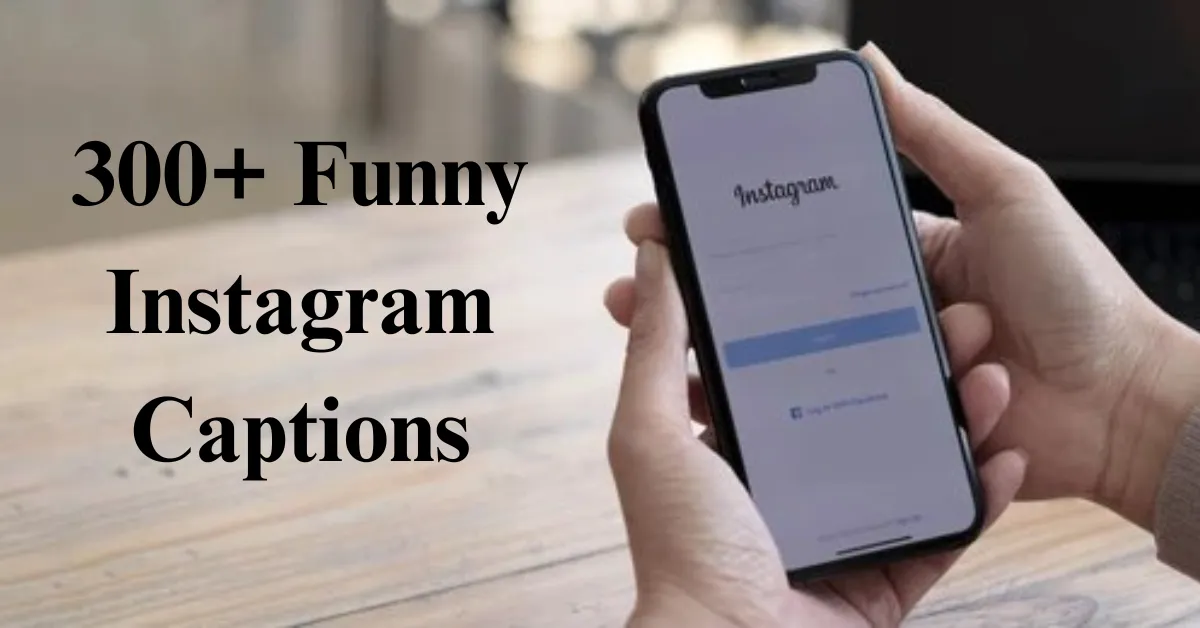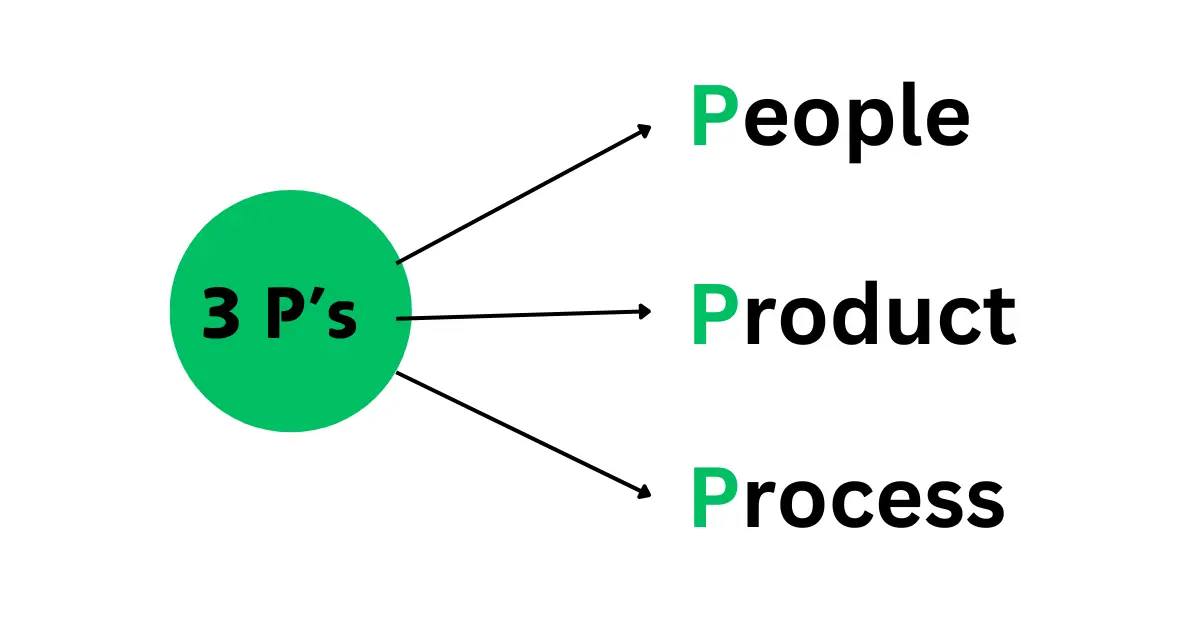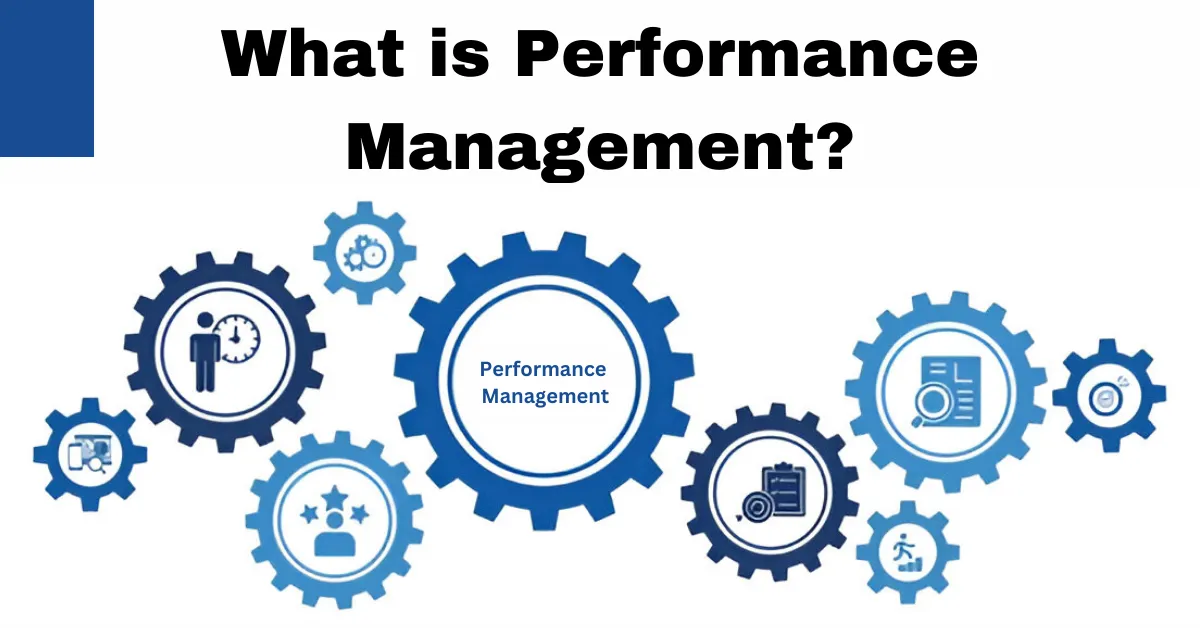Galaxy Brain in Digital Marketing | Absurdity, Memes, and Mindset Shifts

In today’s hyperconnected world, many professionals feel overwhelmed by digital noise, drained by endless emails, and uninspired by traditional workplace communication. Whether it’s replying to routine messages or writing an out-of-office email, the repetitive nature of it all often feels lifeless and creatively exhausting.
This is where the galaxy brain mindset steps in, turning mundane communication into a space for humor, personality, and strategic brand expression. By embracing meme-driven formats, surreal visuals, and cultural touchpoints, marketers and professionals alike can stand out, connect authentically, and reframe how we engage with our digital audience.
What Does Galaxy Brain Mean? Internet Slang with a Marketing Twist
The term galaxy brain originated as a meme poking fun at overcomplicated or absurd thought processes. It depicts increasingly large and glowing brains to humorously represent supposedly enlightened thinking, often applied to trivial or ironic ideas. Today, marketers interpret it as a symbol of unconventional creativity, absurdity, and cultural insight.
The term appears on platforms like Wiktionary, Spotify (“Galaxy Brain Delay Effect”), and even YouTube, where meme compilations reflect its wide adoption. It’s closely related to internet slang like “brained,” “5head,” and “cerebro galaxia,” and echoes a big meaning mindset that amplifies everything from silly insights to philosophical overreach.
In digital marketing, galaxy brain thinking is not about real intelligence—it’s about standing out with weird, surreal, or meme-rich ideas that catch attention in a cluttered content space.
The Meme Economy: How Galaxy Brain Humor Reflects Audience Behavior
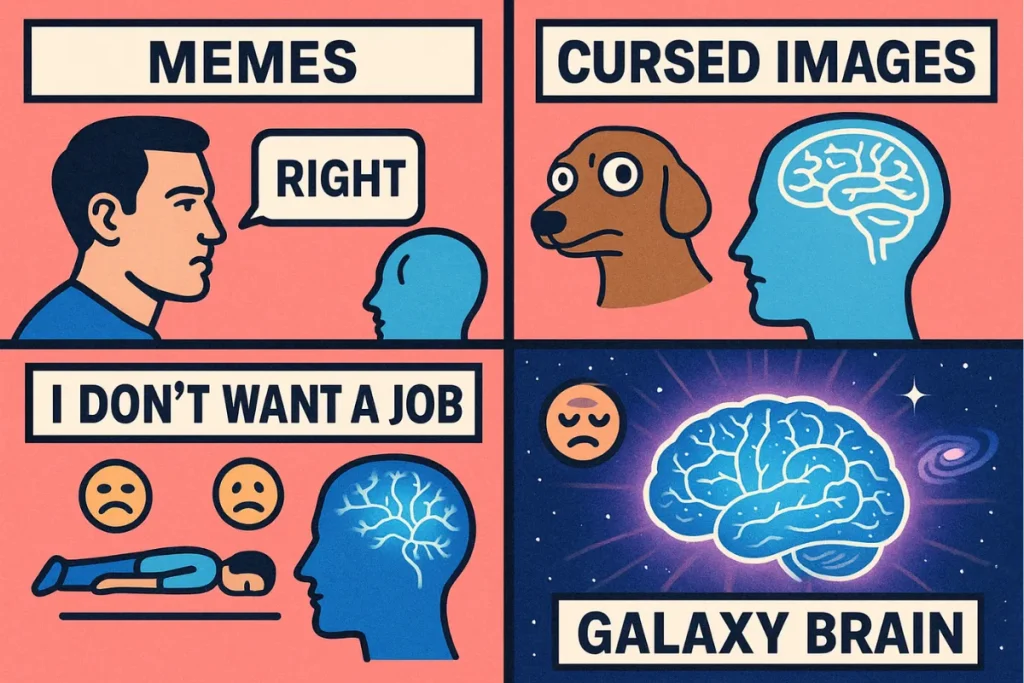
Memes, once considered low-effort jokes, are now a language of the internet. In the world of digital marketing, there are tools for rapid, emotional connection. Galaxy brain memes reflect a growing appetite for absurdity. People don’t just laugh — they relate. The more bizarre or extreme, the more likely it is to be shared.
Many memes, like “I don’t want a job” or “I just want a life,” express dissatisfaction with traditional career paths. These phrases appear in cursed images, aesthetic posts, and mindset memes that reveal cultural fatigue. The “don’t want to work” theme is common in viral posts, even in workplace content like out of office (OOO) messages or Slack status updates.
Think of it this way: humor like “I’m OOO because my brain left my body” might sound funny, but it aligns with real frustrations in today’s workforce.
Just as NFT art reshaped digital ownership, absurd humor has redefined how marketers measure attention and value.
Work Not Working: Galaxy Brain and the Viral OOO Message Revolution
One unexpected outcome of meme culture is the explosion of out-of-office messages that have become mini expressions of personality. The once-formal “I am out of the office and will respond upon return” has been replaced with messages like:
“Currently orbiting the moon. Please expect a delay in my response.”
The OOO message, also written as out-of-office, out of office, or even out.of.office, has become a cultural artifact. These messages are no longer just automatic replies. They’re reflections of humor, sarcasm, even resistance.
Today, users send:
- “I don’t want a career anymore. I’m recharging my cosmic energy.”
- “Out of office, mind is flat.”
- “On leave, slow response — currently fighting cursed dogs in space.”
Each phrase is a clever out-of-office message meant to entertain and humanize the sender.
These quirky responses also reflect the meme-driven shift in how we approach workplace communications. Brands and individuals alike are using these vacation messages or automatic replies to stand out.
People are parodying toxic performance management systems with memes because traditional motivation no longer works.
Top Out-of-Office Message Examples Inspired by Meme Culture
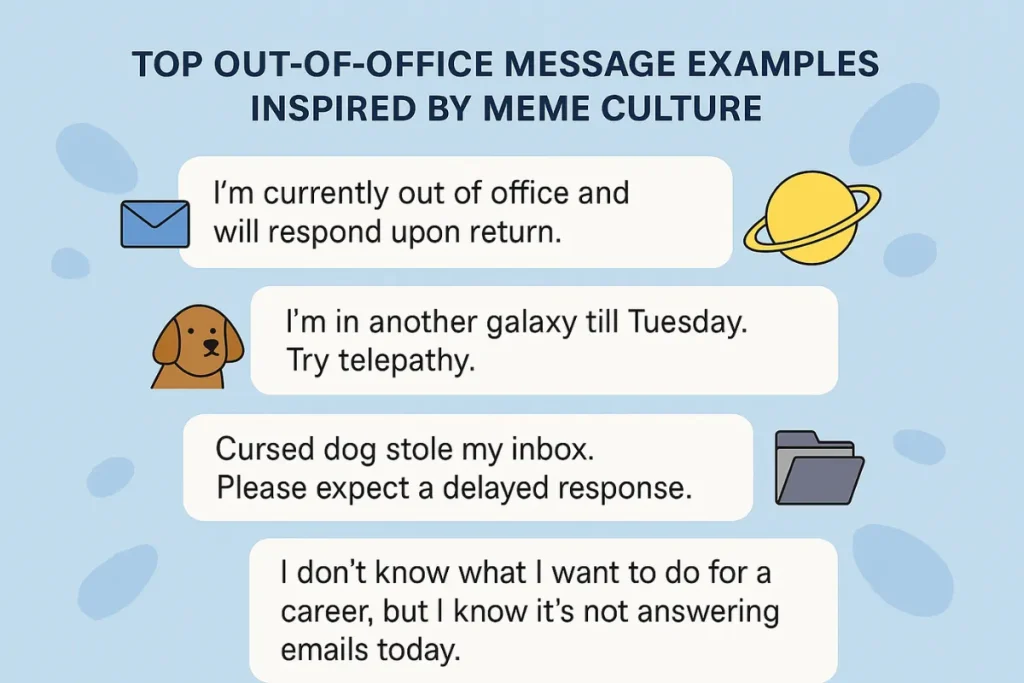
Here’s a breakdown of how galaxy brain-style humor is invading email inboxes:
Simple Out of Office Message
“I’m currently out of office and will respond upon return.”
Funny Out of Office Messages for Vacation
“I’m in another galaxy till Tuesday. Try telepathy.”
Professional Out of Office Message Examples
“I am currently out of the office on business travel and will have limited access to email. Please expect some delays in my response.”
Cursed or Meme-Based Messages
“Cursed dog stole my inbox. Please expect a delayed response.”
“I don’t know what I want to do for a career, but I know it’s not answering emails today.”
This trend reflects a larger movement where people are challenging norms. You’ll see OOO replies with references to Joe Rogan, Bo Burnham, or even cursed dog pics, designed to resonate with modern audiences.
Surreal email replies and funny Instagram captions are now essential tools in brand storytelling.
Marketing with Absurdity: What Brands Can Learn from Galaxy Brain Humor
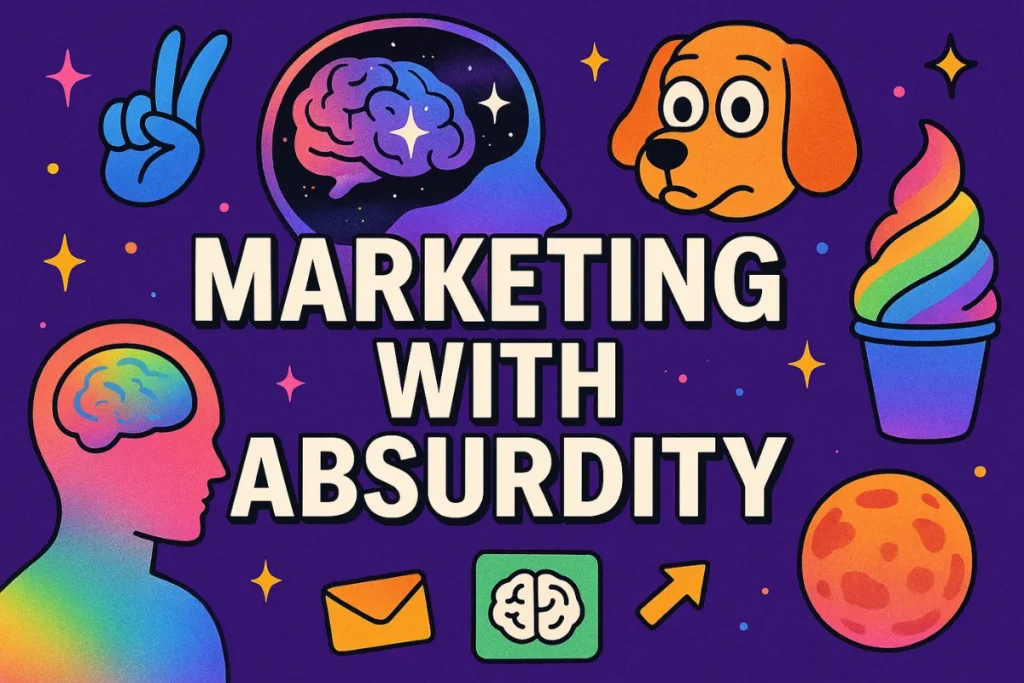
There’s power in going weird, and cursed content proves it.
From cursed photos to cursed dogs, marketers are realizing that absurd, aesthetic mind memes are a goldmine. These strange, offbeat visuals—flat people, random mind memes, or cursed selfies—trigger curiosity and engagement.
Galaxy brain-style creativity encourages marketers to:
- Break format: Say “I’ll be OOO until my return from Mars” instead of “I’ll be out Monday.”
- Use meme images in vacation responders.
- Reference internet slang like “5head” or “brains are melting.”
Why does this work?
Because the audience relates more to:
“I’ll be OOO, fighting a cursed dog army.”
Then they do too:
“I am currently on leave and will respond upon my return.”
Absurd branding works across C2C and B2C commerce, giving even structured campaigns a creative human edge.
When Work Feels Like a Meme: Navigating Digital Burnout Culture
Let’s address the reality behind the humor: burnout and existential dread. The memes that say “I don’t want to work anymore,” or “Don’t want to be a manager,” or “Working not working” speak volumes.
In digital spaces, these expressions show up as:
- OOO messages that hint at escape
- Email auto replies that say “responses will be delayed” without explaining why
- Meme songs with aesthetic lyrics tied to mood playlists
- Slack status messages like “Currently cursed. Please expect a delay.”
People aren’t just joking. They’re crying for space. Inbox infinity, PTO messages, and intermittent email access disclaimers are subtle ways of setting boundaries in a chaotic world.
This mindset is reshaping how we craft not just our content but our digital identities. Whether you’re a person or a brand, using humor to acknowledge mental load builds trust.
On low-energy days, your brain can feel like a USB device not recognized, disconnected, and stalled by the corporate overload.
Using Galaxy Brain Mindset in Digital Marketing Strategy
So, how can brands or marketers use the galaxy brain approach intentionally?
- Surprise your audience
Use humor in your out-of-office email, landing page, or social copy.
Instead of: “We’re closed today,”
Say: “We’re experiencing brain delay. Check back after coffee.” - Integrate internet slang smartly.
Use phrases like:
- “Currently out of the office, thinking too hard.”
- “Work travel has melted my brain.”
- “OOO because I am on a cursed boat.”
- “Currently out of the office, thinking too hard.”
- Balance absurdity with clarity.
Your tone can be fun, but always provide core info:
- When you return
- Who to contact
- What delay is expected
- When you return
- Use visuals
Add GIF reactions, meme images, or cursed dog pictures to your vacation responder email. It creates memorability. - Avoid clichés
Steer clear of tired phrases like “I’m away from my desk.”
Replace them with fun OOO messages like:
“My response may be delayed due to being abducted by cursed dogs.”
Galaxy brain thinking isn’t just absurd — it’s strategic. It helps you cut through sameness and make audiences smile.
In channel marketing, blending surreal humor with automation boosts emotional connection without sacrificing clarity.
Table: OOO Message Styles and Their Strategic Use
|
Type |
Tone |
Use Case |
Keyword Fit |
|
Formal |
Professional |
Business travel, conference |
business travel out of office, professional ooo message |
|
Casual |
Relatable |
Training, internal leave |
on leave, slow response, Slack ooo message |
|
Absurdist |
Meme-rich |
Vacation, burnout relief |
funny out of office message, cursed photos, I don’t want a job |
|
Brief |
Simple |
Half-day, surgery, meetings |
half day out of office message, out of office for meeting message |
Final Thoughts
The galaxy brain trend isn’t just about humor. It’s about expressing complexity, chaos, and creative overload in a culture that values efficiency. In digital marketing, embracing this absurdity can unlock a real connection.
By using cursed images, meme song references, or even phrases like “response might be delayed due to flat earth research,” you humanize your brand voice. You become relatable, memorable, and aligned with modern attention spans.
In a world where everyone’s busy, inboxes are full, and brains feel “brained out,” this kind of playful absurdity isn’t fluff—it’s function.
Just don’t forget to let people know when you’ll return from space.
FAQs
Where did the Galaxy Brain meme come from?
The Galaxy Brain meme originated from a 2017 post on Reddit and quickly spread across Twitter and meme communities. It features a series of increasingly radiant brain images, each paired with ideas that grow more ridiculous or abstract with each step. Initially used to mock overthought or pseudo-intellectual takes, it became a staple format for humor, commentary, and creative expression, especially in digital spaces.
What does “big brain” mean in slang?
In slang, big brain refers to someone who’s smart or someone who’s made a clever decision. It’s often used sarcastically to praise an action that appears smart but might be questionable. On the internet, big brain energy is shorthand for creative, overanalyzed, or ironically genius-level thinking.
What song stimulates the brain?
While individual responses vary, instrumental tracks like “Weightless” by Marconi Union and classical pieces such as Mozart’s Sonata for Two Pianos in D Major (K. 448) have been studied for their cognitive benefits. These songs are often linked to improved focus, creativity, and relaxation — all of which help stimulate brain activity.


